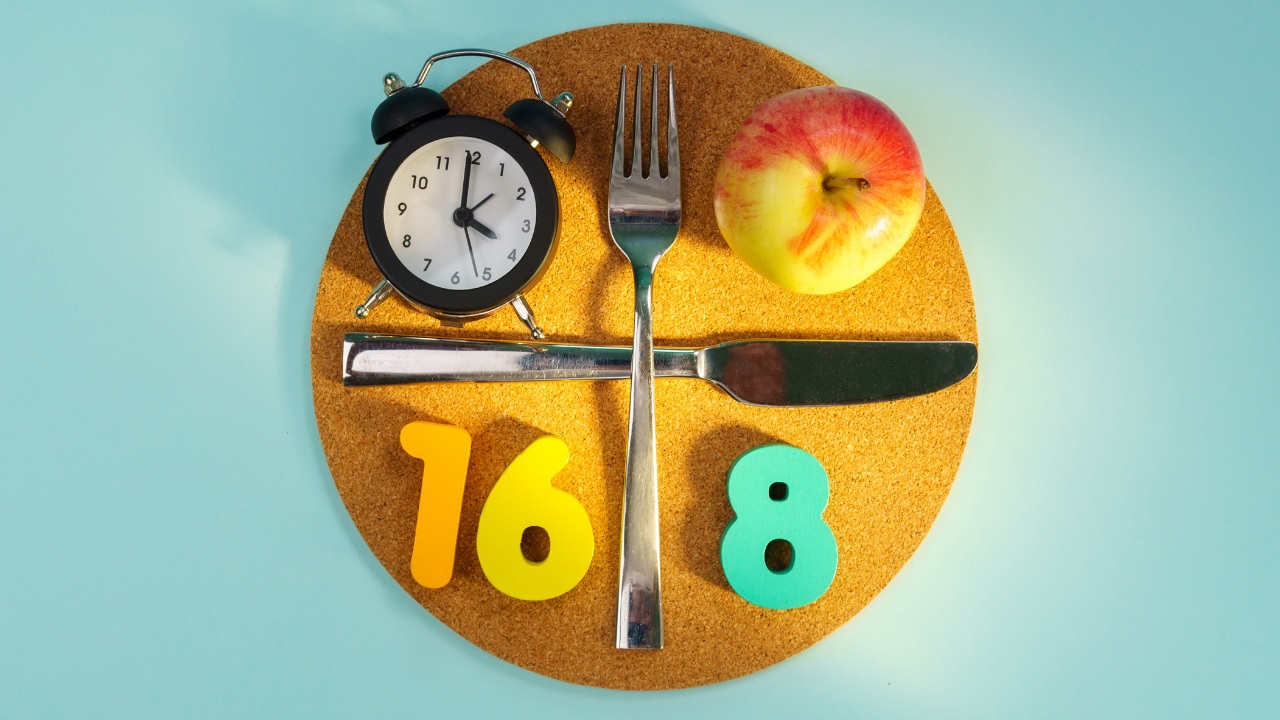A common assumption that many make about a vegetarian diet is that it’s hard to bulk up, because of your limited food options. That is far from the case. These are three key points to keep in mind, if you’re considering or are already on a vegetarian diet, to gain muscle and lose weight.
Diversify your protein intake
Meat is not the only place that one can get protein from. In fact, there are many different sources of protein that a vegetarian can include in their diet to ensure that they are still hitting their required protein intake.
This includes eggs, milk, soybeans, legumes, nutlets and seeds, among which nuts, tofu, quinoa, chia seeds, broccoli, chickpeas, red kidney beans, lentils and such. These options are rich in protein and essential amino acids, that help you to build muscle and hit your fitness goals, no matter what diet you may be on.
Be mindful of your sources of carbohydrates
A common mistake when one is trying to manage their weight is that they have to cut out carbohydrates and fat. Your body still needs these calories, particularly if you’re working out more as well – and reducing your calorie intake (from carbohydrates) may end up impeding your fitness goals instead.
Rather, opt for healthier sources of carbohydrates and fats. You may look at whole foods such as sweet potatoes, oats, brown rice, that will keep you satiated; as well as avocado, olive oil, and nuts, which have healthy fats.
Eat the rainbow
Apart from protein and carbohydrates, pay attention to balancing all other nutrients, such as: calcium, iron, zinc, vitamins and riboflavin when working out. For example:
- Vitamin B12 is typically only found in animal products; and you may want to supplement your diet with vitamin capsules for this
- Nuts and avocados are also good vegetarian alternatives to help with regulating the ratio of Omega-6 and Omega-3 in your body, which helps with maintaining a healthy heart and blood pressure.
A good rule of thumb is to ‘eat the rainbow’; that is, fruits and vegetables of all different colours. This is an easy shorthand to make sure you’re eating a variety of foods, that can provide you with the various nutrients you need for a healthy diet.
As with any diet – whether you may be going meatless or not – the most important thing is to make mindful food choices, and opt for whole, unprocessed food options. By opting for the healthier alternatives, you’ll find it much easier to reach your own health goals.


